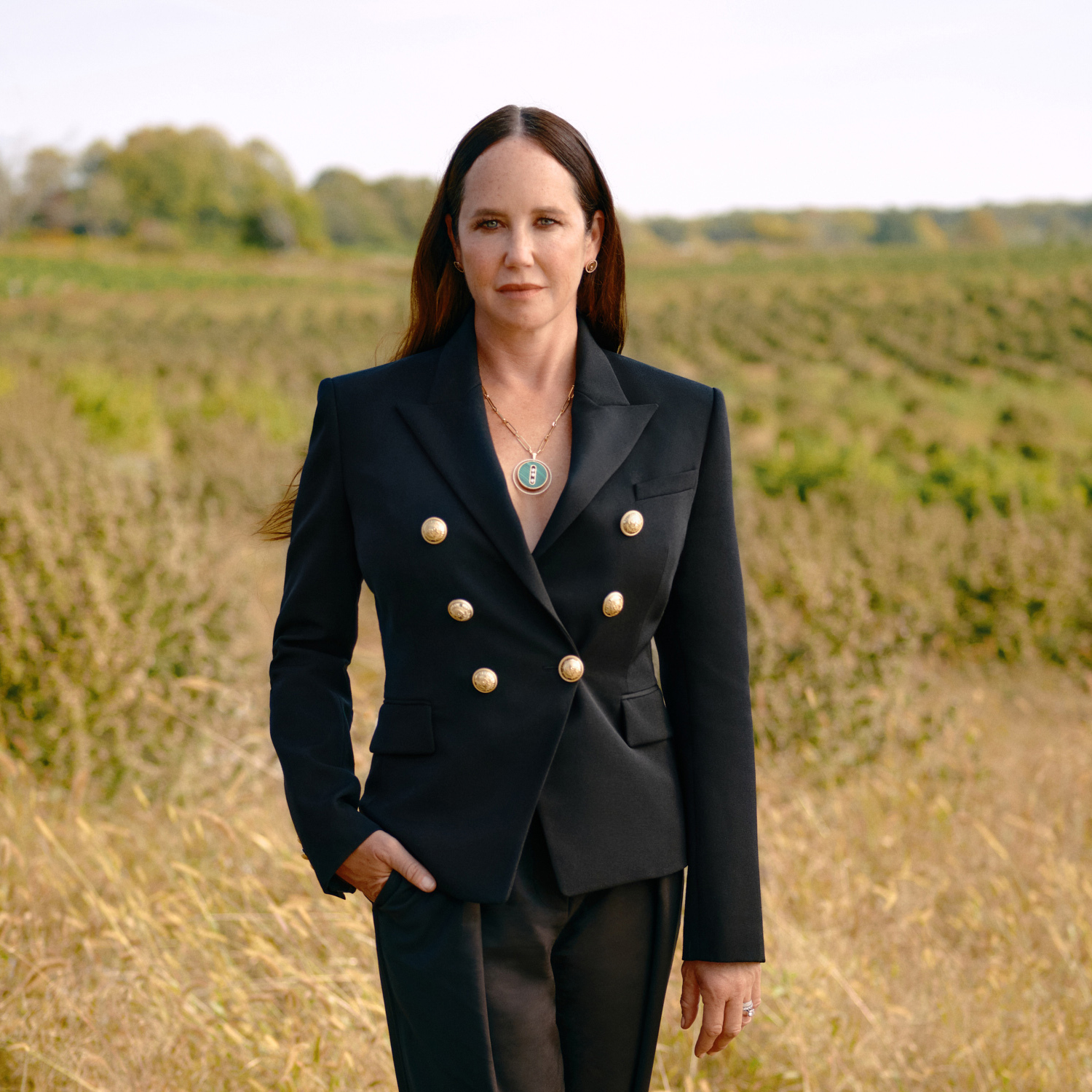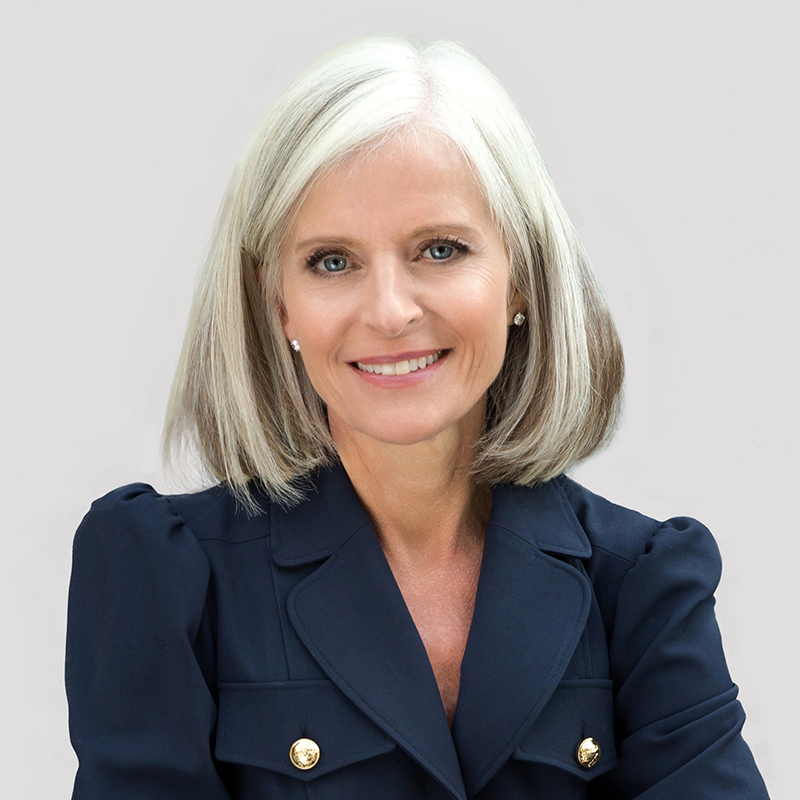Get to Know Lisa Kalhans, President and CEO of Amex Bank of Canada

Canadian Business is relaunching in fall 2021, building on its platform as a trusted media brand and social network for the country’s fastest-growing companies and their innovative leaders, who are changing Canada for the better.
Canadian Business gives these leaders—and those who want to learn from them—the resources, networking opportunities, and inspiration to innovate, connect and continue to challenge the status quo. One of the ways we are doing this is through launching the Canadian Business Leadership Circle, CB’s leader-in-residence program where each month we engage a different C suite-level executive making an impact in their field. As part of the program, readers will have the chance to connect with these progressive-minded business execs for mentorship and professional development through exclusive content, virtual fireside chats, and more.
Joining us as leader-in-residence for April is Lisa Kalhans, president and CEO of Amex Bank of Canada. Here, she chats with writer Katie Underwood about the importance of empathy, her working-from-home sanity savers, COVID’s “crisis within a crisis,” and how economic leaders can bolster a robust female workforce well into the future.
How have your own views of effective leadership evolved in the two years since you started in your role as CEO of Amex Bank of Canada?
Fatigue and frustration are at an all-time high right now. What I learned, particularly in the past year, is that we really need to dig deep and to find new reserves of empathy to help address these kinds of tough feelings. I used to think that great leaders were smart and tough-as-nails. I still think those qualities are important, but if I’m honest with myself, the attribute I’ve relied on the most is actually listening to what’s going on with folks in life and at work. Right now, it’s all about balancing compassion with control.
How has your role changed now that you’re working from home?
My new year’s resolution was all about owning my calendar versus my calendar owning me. So when it’s reasonable, I’ll take meetings as walking calls. I consciously make time for breaks and check-ins with my team, whether that’s over the phone or Slack. Honestly, one of the biggest challenges has been to avoid feeling like I’m trapped in Groundhog Day. The pandemic taught me the importance of changing things up daily.
How has parenting two kids while working been going?
Like most working parents, my two worlds totally collided. I decided early on to just embrace the chaos that came from being both a work-from-home mom and a full-time CEO. It took the pressure off of me trying to be perfect all the time. There have been an unbelievable number of kid cameos in my meetings. (My kids often just show up demanding snacks.) The other silver lining is that my kids now have a better understanding of what Mom does at work.
You have lengthy experience in spearheading high-performance teams. Have you ever experienced difficulty as a result of gender bias? If so, how did you overcome it?
In my 20s, when I was starting out, I really felt like I needed to fight for air-time in meetings—a lot of time with male colleagues who are more confident in expressing their opinion. In my 30s, I had to grapple with the physical and emotional reality of motherhood and working, which shouldn’t be a uniquely female set of challenges, but it often is. And now that I’m in my 40s, I’m able to look up and around, and take so much inspiration from how the women around me succeed in their lives and their careers. As I reflect on my own experience, it’s such a powerful reminder of why representation matters, and why it’s so critical to have diversity at the top of companies.
What do you think are the biggest issues facing women in leadership today?
I don’t have to look any further than the impact of COVID to stare a substantial one in the face. We’re faced with a crisis within a crisis when it comes to women leading. We actually commissioned a study on the impacts of the pandemic on global women found that 42 percent of Canadian women have actually left their own professional positions to focus on their family’s well-being. It’s a total emergency.
Has the issue of diversity—specifically supporting workers who are women of colour—been a priority for Amex?
At Amex, I think about it in three different ways: focusing on education, focusing on engagement, and then focusing on action. So when I think about education, it’s all about the experience of marginalized groups. When I think about engagement, it’s all about activities and what it means to be actively anti-racist. And when I think about action, it’s about making a pledge to increase proper representation among our colleague base, and particularly among our executive ranks and our board.
What can economic leaders do to ensure a robust female workforce?
If you’re in a position of power, we need to publicly sponsor and advocate for women. That doesn’t always mean one-to-one mentorship, although it absolutely can. It’s about seeking out and supporting businesses that are run by women. I hope that others are thinking about that responsibility in the same way: how to be an ally, how to sponsor, and how to patronize businesses one by one.
What advice would you give to yourself—and young women in general—who have aspirations to lead?
My career path has been anything but linear, but as I look back, I only regret the risks I didn’t take. Risk-taking helps you build the skills you will need to lead data later down the line: courage, resilience, and the ability to see the big picture. Another thing 2020 taught us is the importance of making really big, hard decisions without all of the data. Many women want to be 100 percent qualified for the next experience they take on, but you need to be comfortable with operating [within] ambiguity.
What takeaways do you hope to leave with attendees of our upcoming Women in Leadership virtual event?
In light of this extraordinarily difficult year, a renewed sense of optimism for the future. We all need to remind ourselves that surviving is thriving right now.


![CB-800x800_0000s_0006_IMG_1010[2]](https://canadianbusiness.com/wp-content/uploads/2021/10/CB-800x800_0000s_0006_IMG_10102.jpg)






